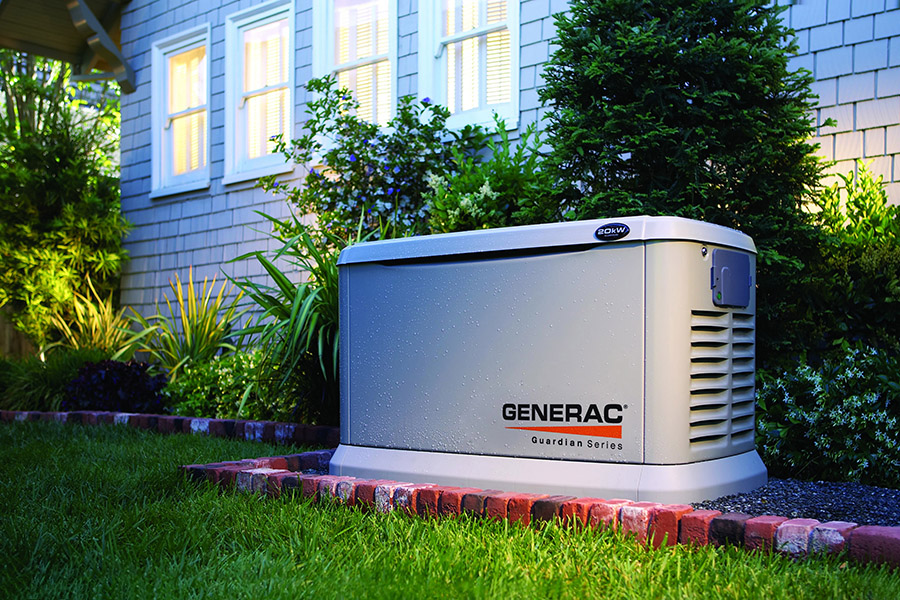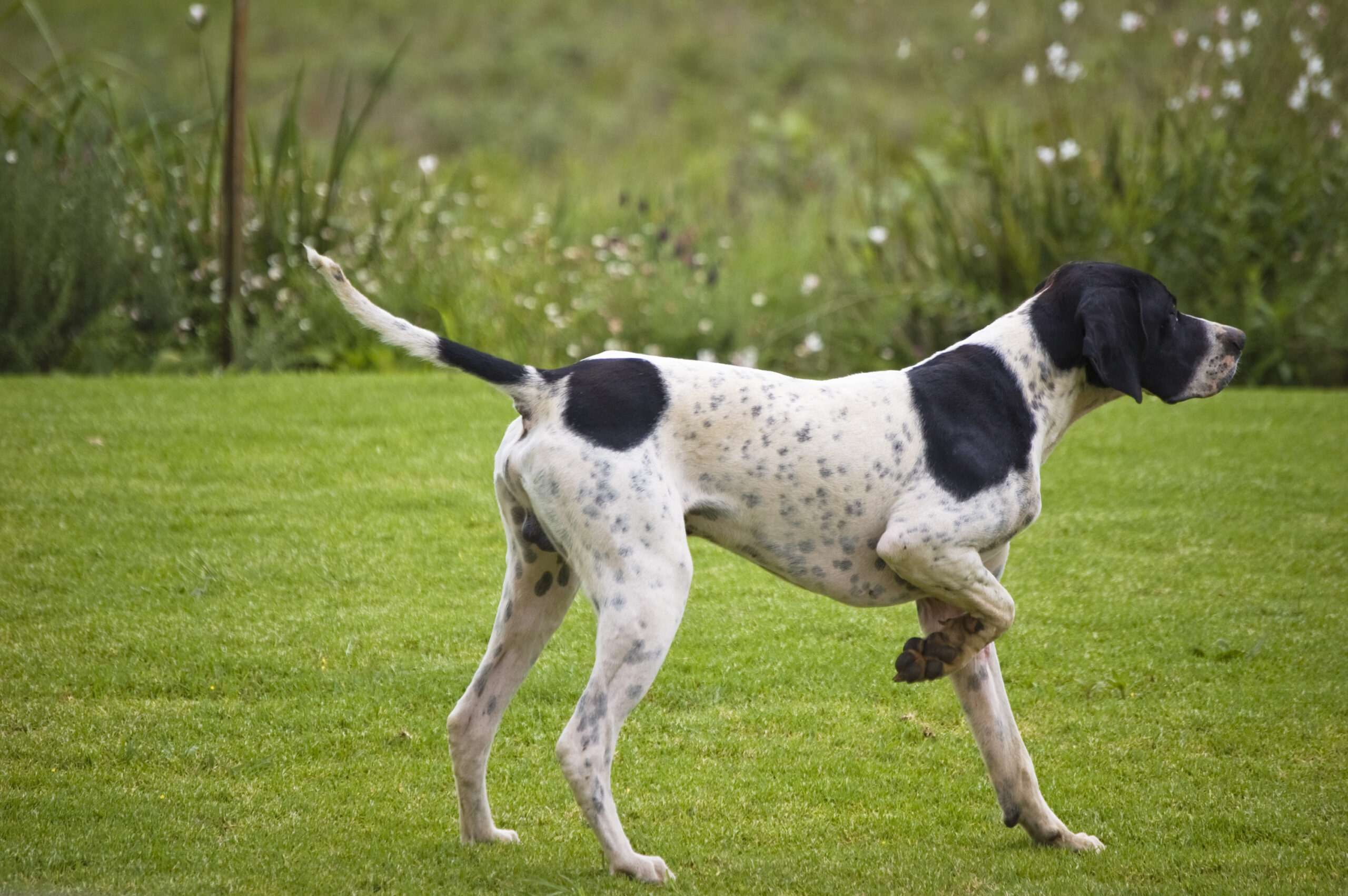Bringing home a new puppy is exciting, but it also comes with challenges—especially if you live in a rented home or apartment. One of the most common problems new dog owners face is chewing. Puppies explore the world with their mouths and tend to chew everything they can get their teeth on, from baseboards and shoes to furniture and electrical cords. If you’re renting, damage from chewing could cost you your security deposit—or worse.
Fortunately, there are effective ways to puppy-proof your home and protect both your belongings and your lease. Here’s how to keep your rented space safe from your puppy’s chewing habits.
1. Understand Why Puppies Chew
Before diving into prevention, it helps to understand why puppies chew. It’s a normal part of their development. Chewing helps relieve the discomfort of teething and also serves as a way for puppies to relieve boredom or anxiety. By recognizing this, you can take proactive steps to redirect their behavior instead of just reacting to it.
2. Give Them Plenty of Approved Chew Toys
One of the easiest ways to protect your home is to offer your puppy better alternatives. Invest in a variety of puppy-safe chew toys made of rubber, nylon, or soft fabric. Rotate them regularly to keep your puppy interested. Toys that can be frozen—like teething rings or treat-stuffed Kongs—can also help soothe sore gums and keep your pup occupied.
3. Use Puppy Gates or Exercise Pens
Contain your puppy to safe, chew-proof areas of your home while you’re still training them. Use baby gates or exercise pens to block off rooms with tempting furniture, cords, or carpet edges. Keeping them confined to easy-to-clean areas with minimal distractions will limit the risk of damage and make housebreaking easier.
4. Protect Furniture and Baseboards
Furniture legs and baseboards are frequent targets for puppy teeth. Use bitter-tasting sprays (available at pet stores) to make these items less appealing. You can also wrap chair and table legs in protective covers or PVC pipe sleeves. For baseboards, adhesive corner guards or plastic sheeting can add a layer of protection during your puppy’s teething phase.
5. Hide or Secure Cords and Wires
Electrical cords are not only tempting to chew—they’re dangerous. Use cord protectors or tubing to block access and bundle cords together to reduce dangling ends. Whenever possible, tuck wires behind furniture or run them through cord management channels mounted to the wall.
6. Remove Temptations
Keep shoes, clothes, remote controls, and anything chew-able off the floor and out of reach. Puppies are opportunists, and even one slip-up can lead to damage—or a vet visit if they swallow something harmful.
7. Supervise and Redirect
Whenever your puppy is out of their pen or crate, keep a close eye on them. If you catch them chewing something inappropriate, gently redirect them to a toy. Praise and reward them when they chew on the right things to reinforce good habits.
Final Thoughts
Chewing is a normal part of raising a puppy, but it doesn’t have to come at the cost of your rental deposit. With the right tools, supervision, and training, you can protect your rented space and help your puppy learn appropriate chewing behavior. Patience and consistency are key—and both you and your pup will benefit from vigilance in the long run.



